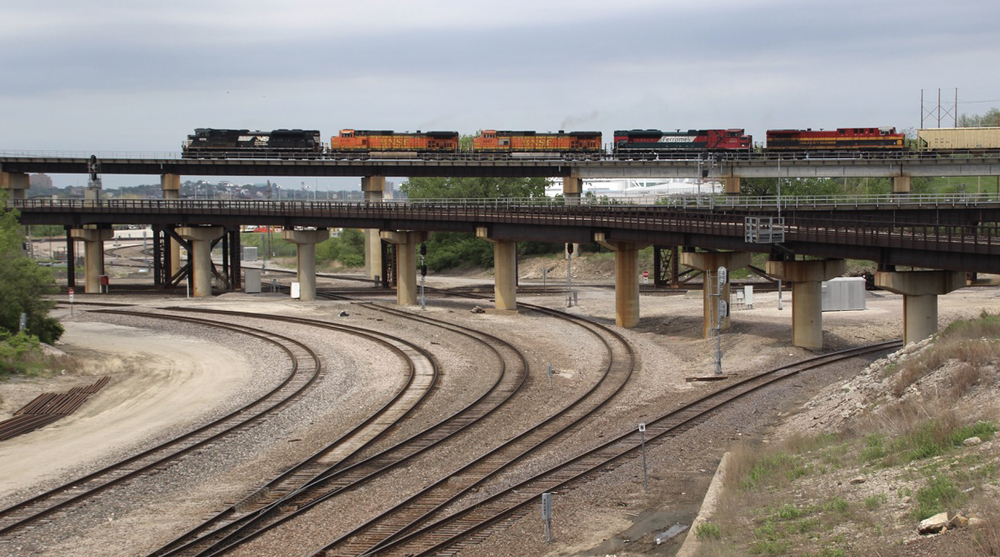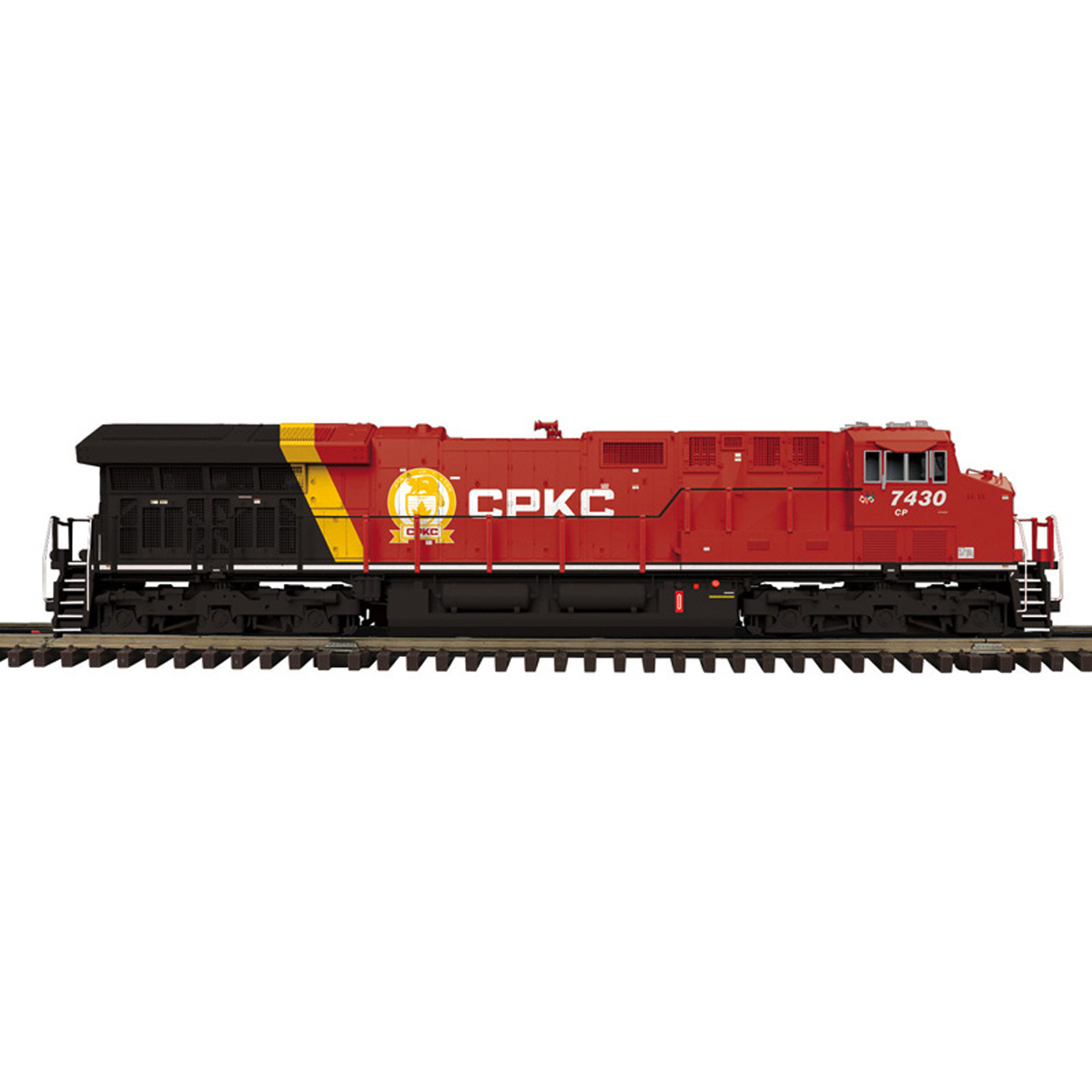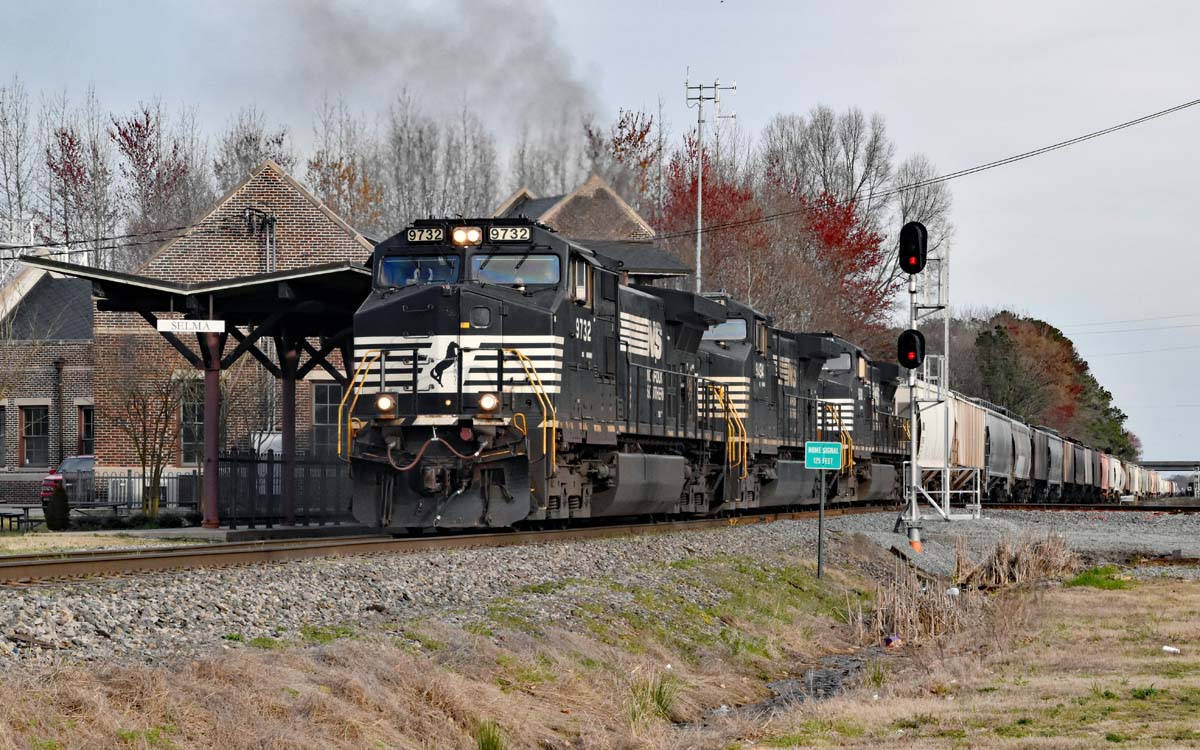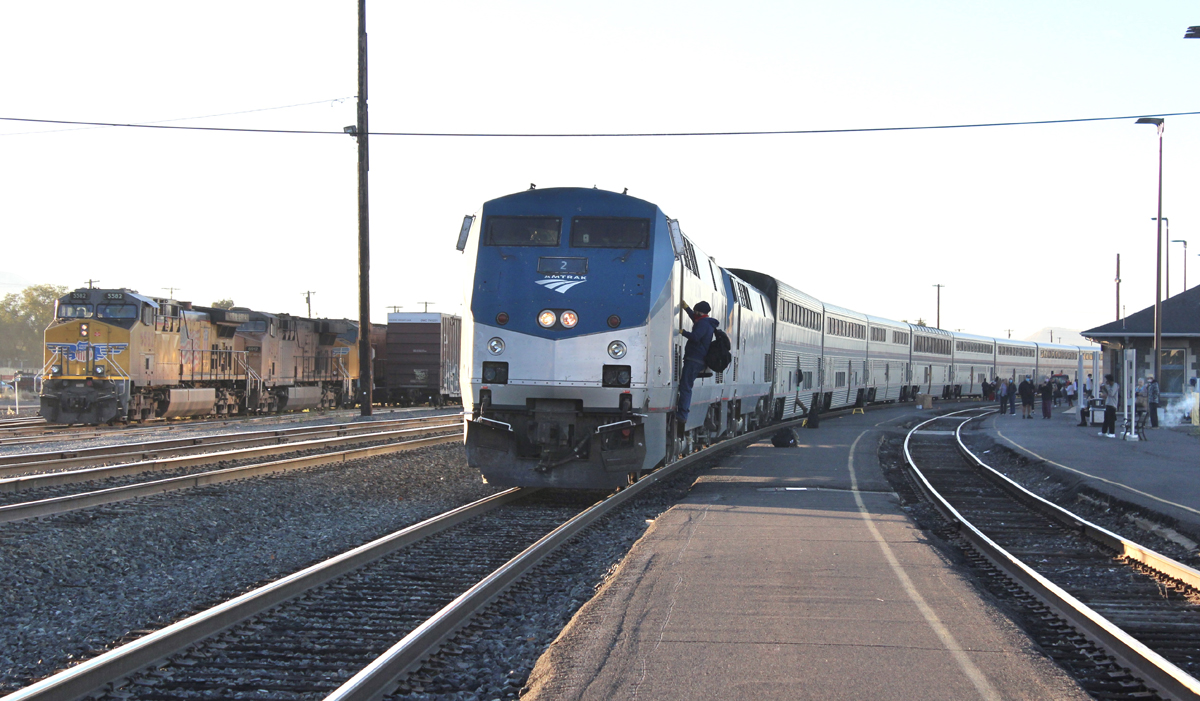
TOPEKA, Kan. — Kansas has joined the list of states considering legislation to limit the length of freight trains.
Senate Bill 271, introduced at the request of state Sen. Mike Petersen (R-Wichita) would limit trains to a length of 8,500 feet. It also requires rolling stock stored on sidings to be at least 250 feet from a railroad crossing, and provides for penalties for violations of either of those rules ranging from $500 to $100,000.
The bill was the subject of a hearing Tuesday and Wednesday before the Senate Transportation committee. KWCH-TV reports witnesses testified Tuesday about concerns over the amount of time long trains block grade crossings, while a BNSF engineer, Brandon Nunnenkamp, raised safety concerns about the ability to communicate with other crew members via portable radios.
BNSF Associate General Counsel Adam Weiskittel told lawmakers that while there isn’t a federal regulation that speaks directly to train length, it is not an area the state can regulate.
State legislatures in Arizona, Iowa, and Washington are also currently considering bills regarding train length.














Considering if someone wanted to do an AI study on whether or not train length is a factor in derailments(I’d say it’s not in 99% of cases if ever), both these efforts at the state and federal level are a waste of time. As for the BNSF engineers alleged inability to use a radio for communication over a great distance, that can be easily solved with more powerful radios and more sideline radio repeaters. There are radio’s that can broadcast over miles and miles, so his safety concerns are hogwash.
Gerald, the handheld radio of the conductor can only transmit so far. I’ve heard many a times a conductor walking his train can no longer communicate clearly with the engineer. The conductor is on the ground. Everything around him has an impact on his radio’s transmission distance. I had the same problem long ago doubling a train in Cincinnati and trying to tell my engineer to stop. Eventually the yardmaster in the tower had to call on his radio. The distance and topography was a factor.
So Mike Petersen, a right-wingnut pro-business libertarian, wants to limit bona-fide American businesses from conducting *their* businesses the way *they* want? Hypocrisy knows no bounds when Power (real or perceived) is at stake.
“So, Senator, were you lying then, or are you lying now?”
Not so fast, Jay.
Mr. Peterson, a duly elected representative in the State of Kansas legislature, has the obligation to represent the views of his constituents, regardless of his political affiliation. The citizens of his state district most likely have significant concerns with rail traffic through their communities and passed those concerns on to him. He is doing what they sent him to Topeka for.
Now, at the Federal level, there are a number of congressional representatives in both houses on both sides of the isle lining up with proposed legislation to address a perceived problem.
Over the past month, NS has experienced four significant derailments: East Palestine, Ohio; Romulus, Michigan; Springfield, Ohio; and, yesterday, White Plains, Alabama. There is a fundamental underlying issue in all four of these derailments. Perhaps the NTSB can sort things out in a timely manner.
Agreed. Rail safety shouldn’t be political. Unfortunately, it has become so. However, the state legislators in AZ, KS, WA & WV are eventually going to learn that this is a federal issue.
I see longer train lengths, and the rise of derailments as symptoms of railroad having again become growth industries this century. Others are smaller workforce, deferred maintenance, possibly over reliance on technology to “solve everything”, and yes, PSR. These local legislative attempts should be interpreted as “excess”. If the railroads ignore them, Congress, may eventually reregulate them.
It’s not as silly as you think. The US is has a representative form of government. The congressional representatives from these states, seeing the writing on the wall, CAN enact legislation at the Federal level establishing train lengths.
Mr. Weiskittel is correct at the moment. However, his comments are short sighted. He only needs to read that many congressional representatives are listening to their constituents, and in turn proposing legislation to regulate the railroads.
Only time will tell.
More time and money wasted on things that they have no control over…meanwhile, maybe they could put together a bill to limit the amount of semi’s on the interstate during rush hours….see how silly this sounds?